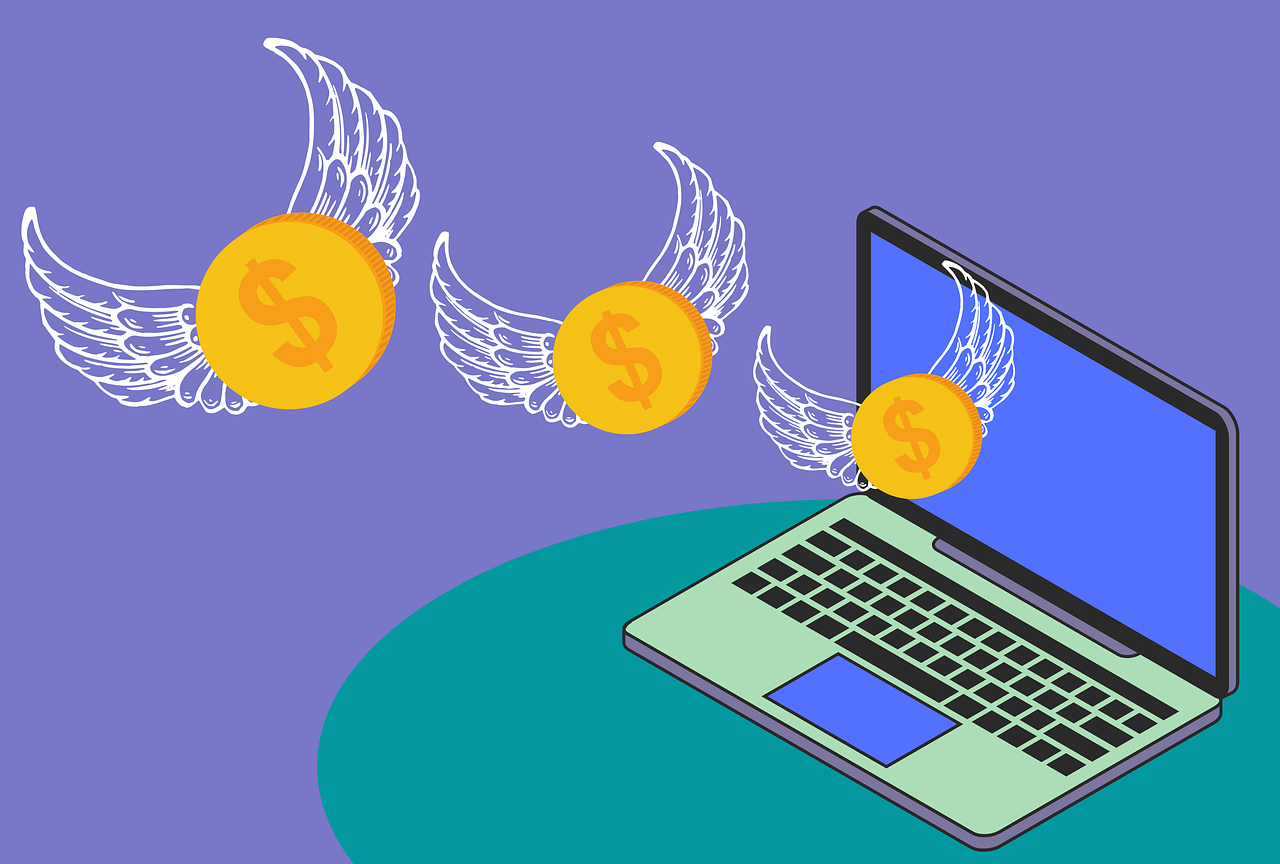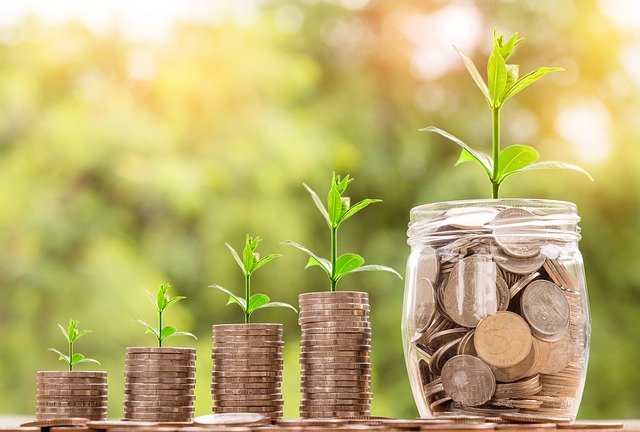4 things to remember to never go broke again!
We often find ourselves spending on things we don't actually ever need, especially in late teens or early 20s when we start earning for the first time. The idea of making money on our own might seem exciting but is often followed by meaningless spending. We don't seem to know what we put our money into, but we claim we are not making enough. If we could all be a tad more patient and disciplined with our money, it is very difficult to NOT become rich.
The Psychology of Money by Morgan Housel is one of the best books about personal finance. The book goes into great detail about how we can achieve financial independence through savings, discipline, and strategic investment. In this article, we will be covering the basics of financial discipline.

What is Financial Discipline anyway?
Broadly speaking, financial discipline is the process of controlling urges of wasteful spending and instead focusing on strategic savings and investment. Let's dissect these and understand what to avoid and what to focus on to build wealth and never go broke again!
Avoiding wasteful spending
I'm sure many of us know what I am talking about here. Ever made an impulse purchase at the supermarket? Or an e-commerce purchase from recommended products' during checkout? Often these purchases are what we don't need but think they're good to have. Sometimes, we start using such products out of guilt of purchasing the product. This is a good example of the sunk-cost fallacy, where you put yourself in a more uncomfortable position to justify your cost. A good strategy that I use to avoid wasteful spending is to wait for a few weeks before making the purchase. If I still want the product after a couple of weeks, that's a compelling reason (atleast for me) to go ahead (or evaluate it). However, more often than not, I simply forget about the item.

Strategic savings and investment
There are two concepts here, savings and investment. Savings is money that we put aside after we spend on everything else. This money does not go into an investment account or towards building a portfolio. And this can be liquidated easily. Investment is what you put your money into in the hope to make monetary gains in the future. However, usually, this cannot be liquidated easily. Morgan Housel, author of the Psychology of Money made an excellent case to have a combination of both savings and investment in an appropriate ratio based on various factors.

You can't get rich if you're not disciplined.
One can't get rich by working a paycheck-to-paycheck job all their life no matter how much they make. If we spend everything we earn and make no room for savings or investment, not only are we never going to break the cycle, but we are putting ourselves in a huge financial risk. Reckless or meaningless spending can be attributed to goals for short-term gratification (buying a car, buying a huge house that comes with a lot of maintenance costs).

Compound effect can only be observed long term.
There is a reason why lottery winners cannot sustain their new-found wealth and go back to square one soon after they (recklessly) spend all their winnings. Finding huge one-time wealth is not sustainable, especially for those who have little to no financial education. The other alternative to growing wealth is through the compounding effect. The compounding effect is quite literally a money-making-money idea wherein the more money you have, the more money you make. While I'm sure that a lot of us are aware of the compound effect in principle, we seldom understand what it takes to actually stick to it. Assuming that our investment account grows by 15% each year (believe me, that's not very hard on an average), if we withdraw the 15% gains the following year, we might have ended up with more money, but we lost the power of those 15% gains to make more the next year, and the year after that. This is the reason I believe the money should always go into an investment account but should not come out as a withdrawal (barring any unforeseen expenses or circumstances).

In this article, we have learnt the 4 most important things to keep in mind to never go broke again. In the next post, we'll try to learn how we can be disciplined with our money and establish our path to a great amount of wealth.
Thanks a lot for reading this article. If you like this post, please subscribe to our newsletter to get your weekly dose of financial advice straight into your inbox. Follow us on Twitter for regular updates!
Note: All images in this post are from pixabay unless otherwise credited.
2 Comments
Jordan Singer
2d2 replies
Santiago Roberts
4d